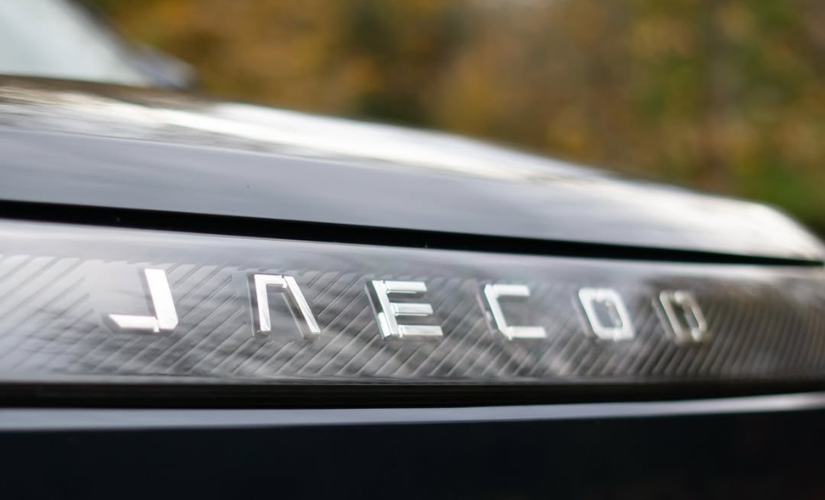The UEFA Women’s Euro 2025 has officially kicked off in Switzerland, and the country is well behind the Lionesses, as they look to take back-to-back titles. But while some of the world’s best players take centre pitch, the tournament has been an interesting marketing case study for international sport.
Women’s football has undergone a cultural shift over the past decade. Its marketing is one that’s progressive, values-first and led by fan-centric engagement. For this year’s Euros, brands, marketers and rights-holders have built a completely unique campaign strategy that focuses on Women’s football in its own right, and not just a bolt-on to the men’s game.
Relatable, community-driven and empowering
While the men’s game often leans into prestige, tradition and star power, the Women's Euro 2025 is rooted in relatability. It's community-driven, emotionally rich, and aligned with progressive values that resonate far beyond the pitch.
This is a tournament that matters ¬- whether to young girls lacing up their boots for the first time, brands looking to show up authentically, or fans who see women’s sport as a blend of both elite performance and modern culture.
From the BBC’s “Names Will Be Made” campaign to AXA’s support for walking football through “Keep on Kicking,” brands are tapping into something the men’s game has rarely prioritised: purpose.
Values-first brand activation
What truly sets this year’s marketing strategy apart is how deeply integrated brand values are into activations. No token gestures or box-ticking. Instead, we’re seeing:
• AXA: Launching the “Keep on Kicking” campaign to spotlight women’s walking football, including cancer survivor teams and grassroots clubs - promoting confidence, community and lifelong participation.
• Unilever: Launching multi-brand activations (Dove, Hellmann’s, Rexona) across 126,000 retail points in Europe all tied to empowerment, wellness and visibility.
• Visa: A partner since 2018, its focus this year has been on support, personalisation and emotional story-telling.
Even social content leans into authenticity. TikTok challenges, AR filters, fan-led storytelling it’s less about broadcasting, more about bringing together the community.
Real Results: Tickets & Sponsorships
This values-led strategy is delivering measurable results:
• 600,000+ tickets sold before the tournament even begins, putting it on track to be the most attended Women’s Euro ever.
• €32–33 million in sponsorship revenue, more than double what Euro 2022 generated.
• Crucially, UEFA has continued its post-2018 policy of unbundling sponsorship rights for the women’s game. This allows brands to invest because of the women’s audience, not despite it.
How it compares: Women’s vs Men’s Euros
The most striking difference is the strategic intent. While the Men’s Euros often prioritise scale, star power and tradition, the Women’s Euro 2025 is designed to connect on a more personal and cultural level.
Sponsorship rights for the women’s tournament remain unbundled — meaning brands actively choose to support it, not as a package deal tied to the men’s game, but because it aligns with their values. That decision has led to campaigns that are more purposeful, more inclusive, and more emotionally resonant.
The women’s game leans into community, social storytelling, and authenticity. It’s not just about who’s on the pitch, it’s about who sees themselves in the story.
Why it matters
The Women’s Euro 2025 is a case study in how to do sport differently. It reflects where audiences are now: value-driven, culture-conscious, and looking for something real. Whether you're a sponsor, a fan, or a future player, that matters.
It could well become the model for all major sports tournaments in the future - men’s or women’s.
.png)



.png)
.png)